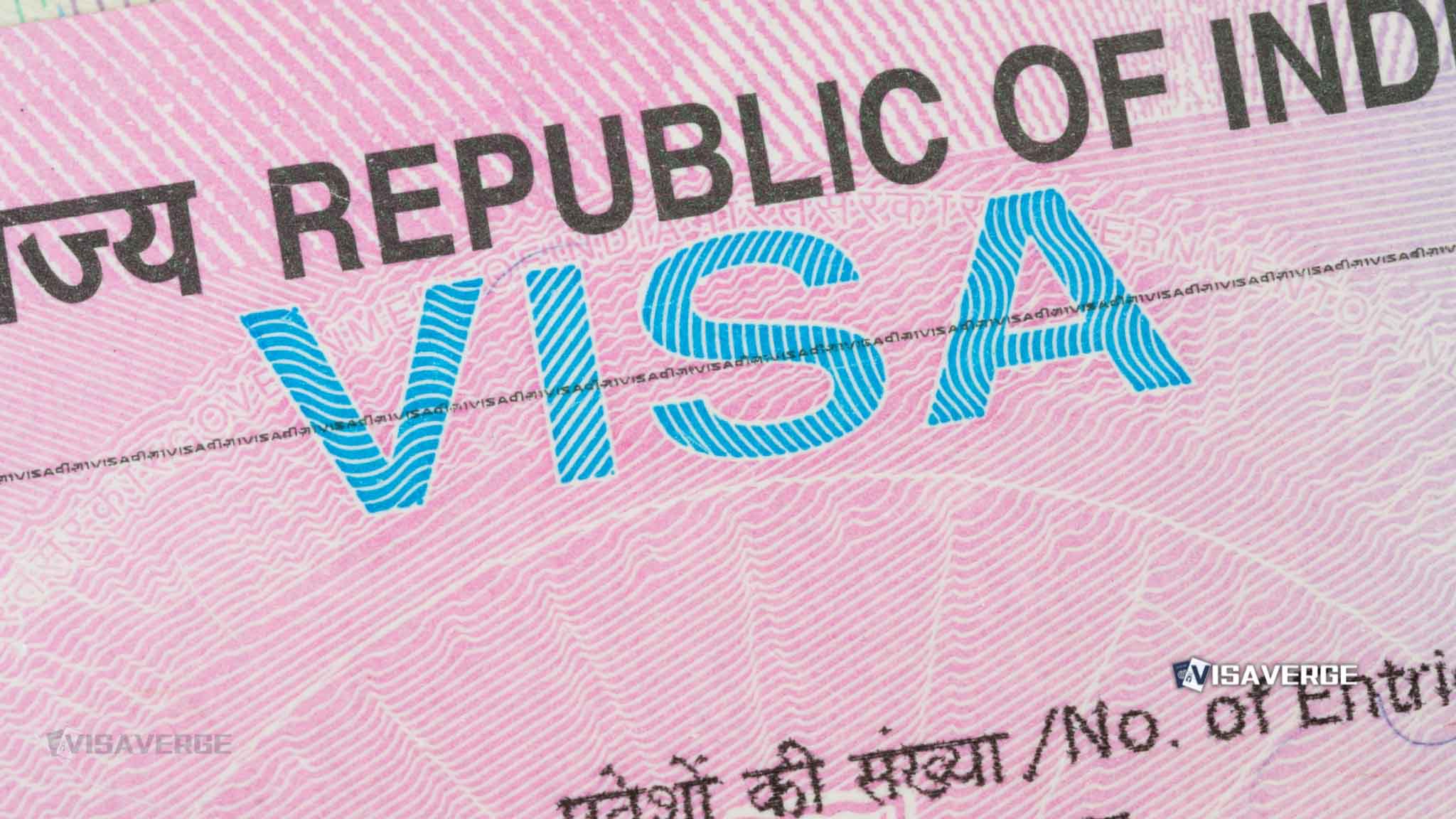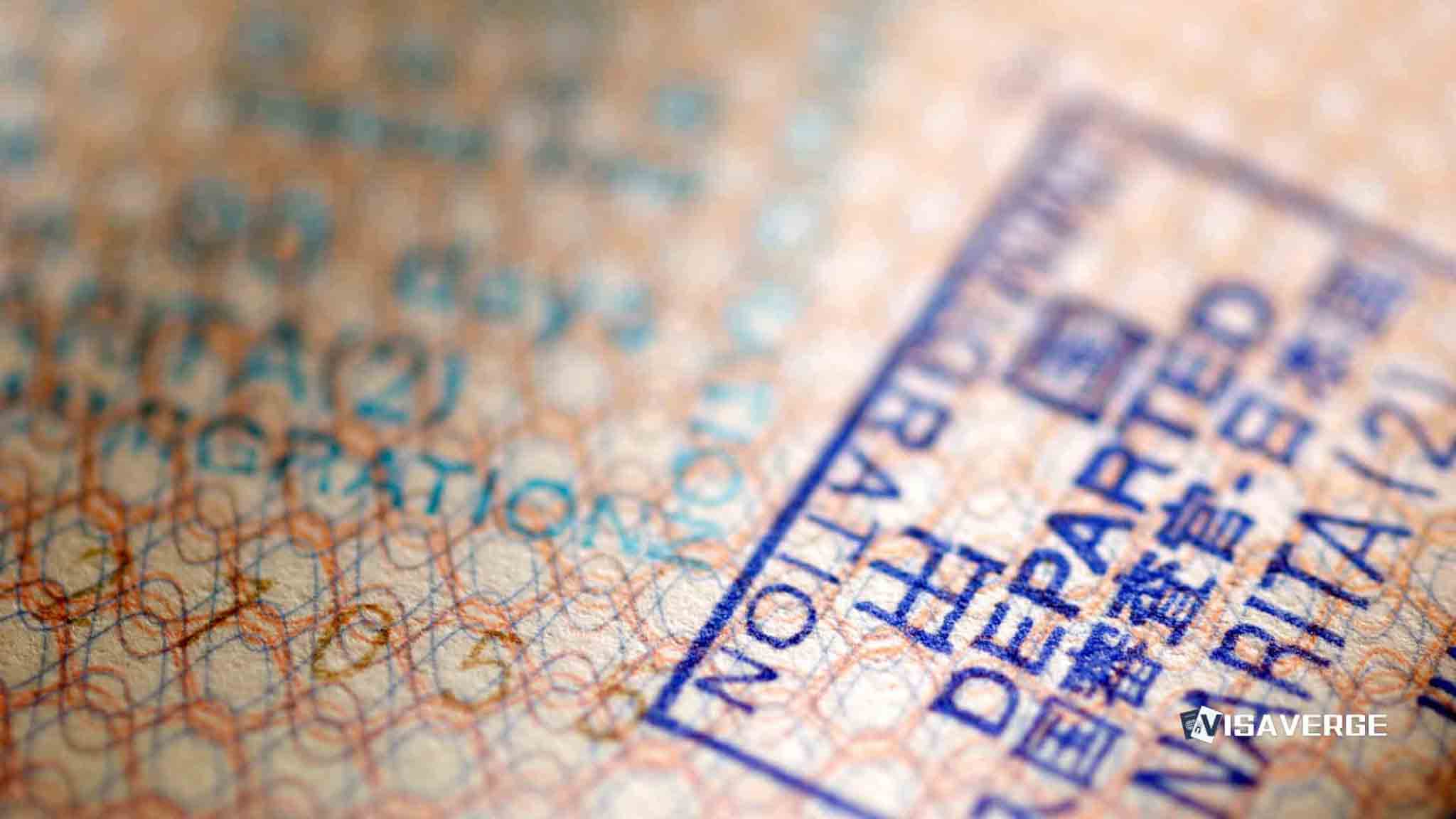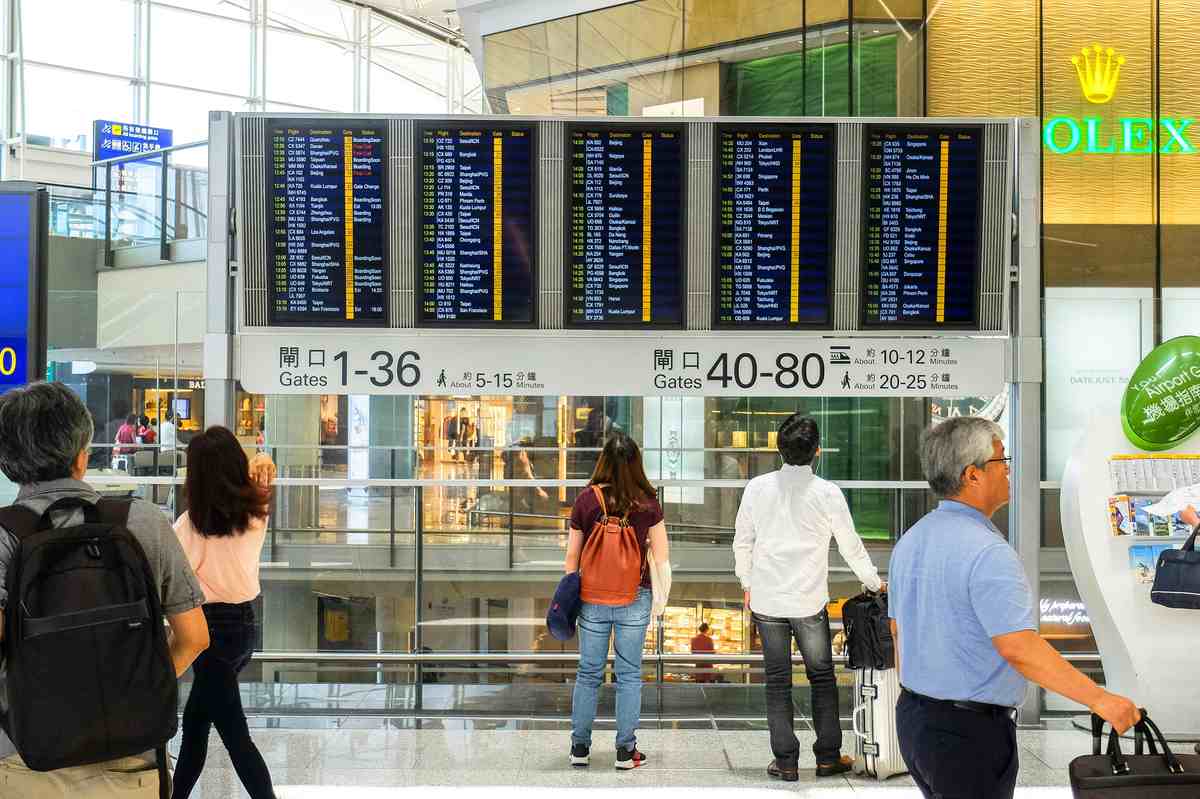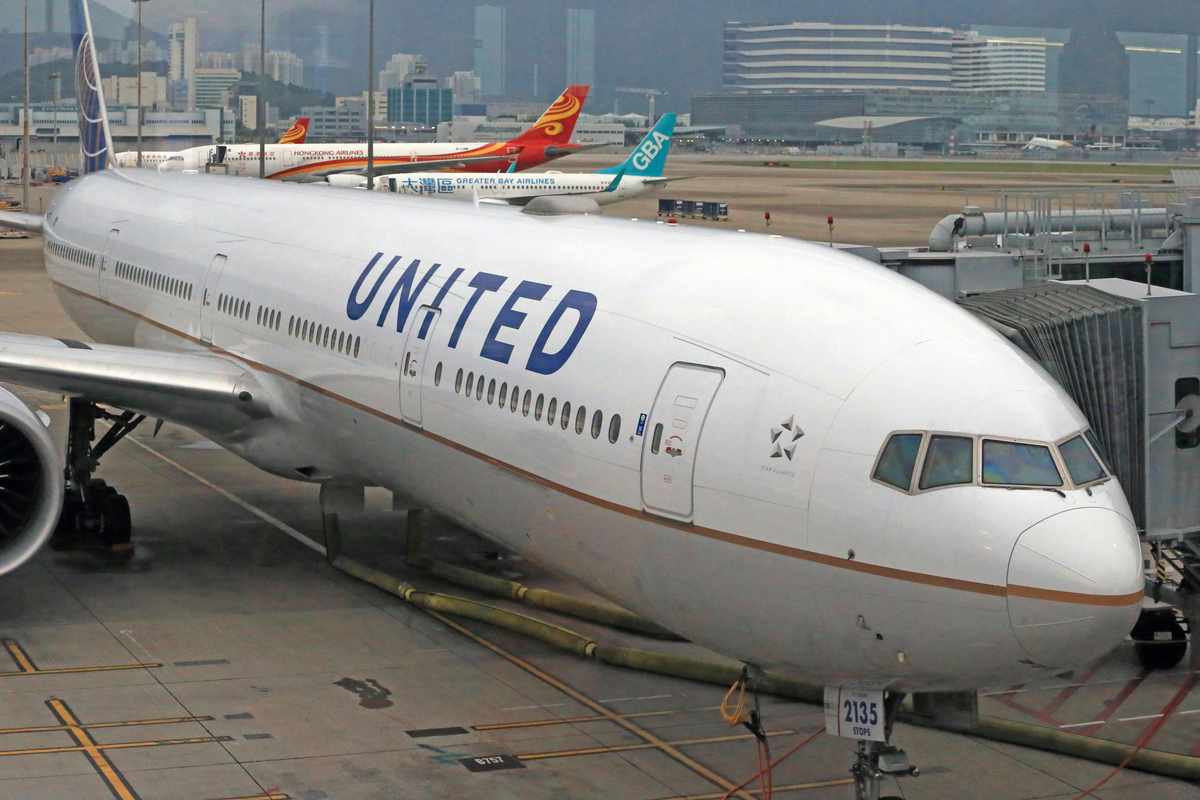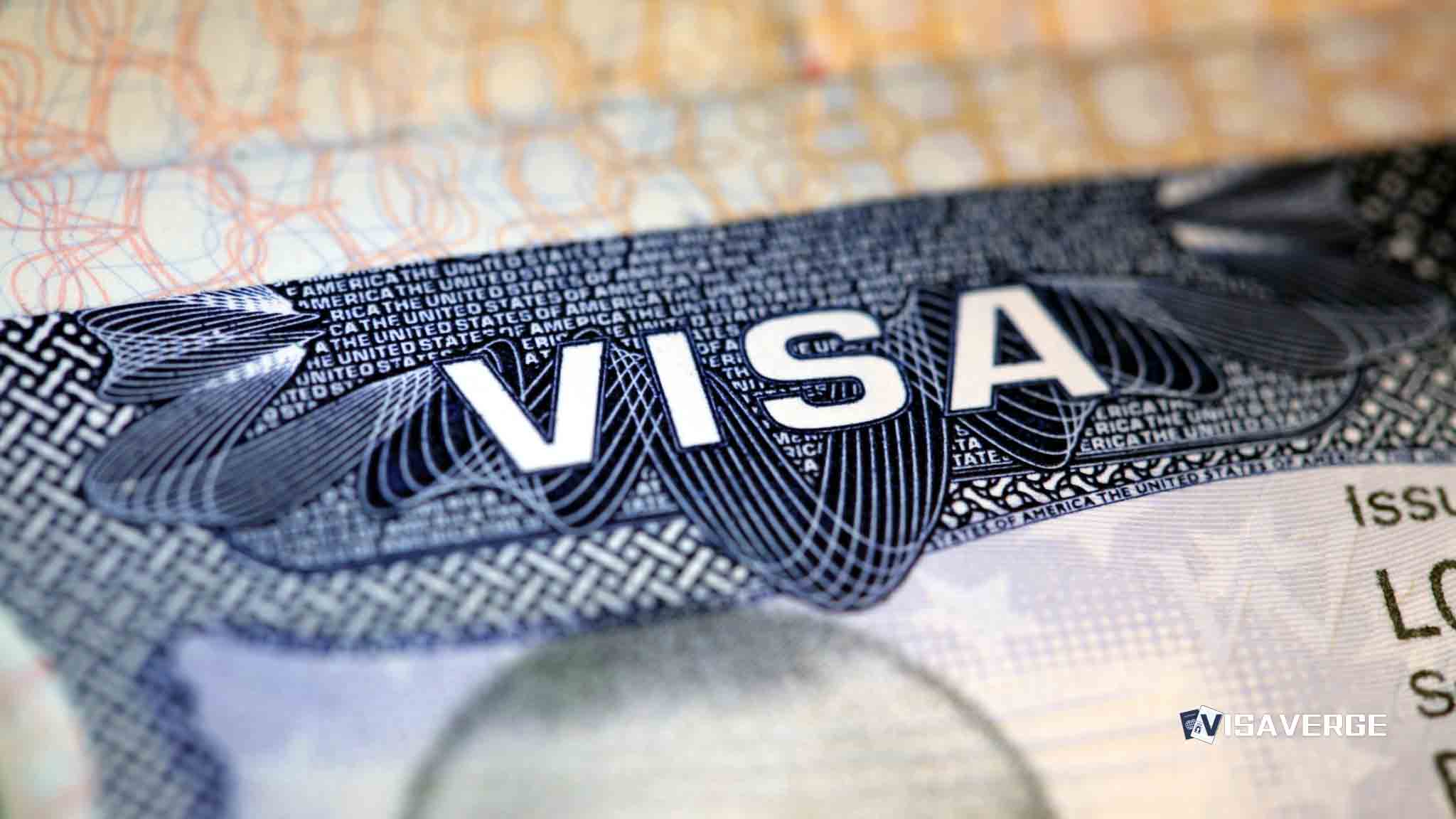Key Takeaways
• The OBBBA cuts Medicaid and SNAP, impacting 7.8 million more uninsured by 2034, affecting H-1B households.
• H-1B families face higher health and food costs despite refundable tax credits like the CTC and EITC.
• OBBBA adds work requirements and narrows ACA marketplace eligibility, risking tax credit access for mixed-status families.
The One Big Beautiful Bill Act (OBBBA) of 2025, passed by the Senate on July 1 and the House on July 3, is set to bring sweeping changes to the United States 🇺🇸 social safety net. The bill’s most talked-about features are its deep cuts to Medicaid and the Supplemental Nutrition Assistance Program (SNAP, also known as food stamps). While these changes will affect millions, one group facing unique indirect challenges is H-1B visa households—especially those who rely on refundable tax credits like the Child Tax Credit (CTC) and Earned Income Tax Credit (EITC). Here’s a detailed look at how the OBBBA’s new rules could reshape life for H-1B families, what’s at stake, and what steps these households can take to protect their financial well-being.
Who Is Affected, What’s Changing, and Why It Matters

The OBBBA’s cuts to Medicaid and SNAP will touch nearly every corner of the country, but H-1B households—families where at least one member holds an H-1B visa—face a special set of challenges. Many of these families live in the United States 🇺🇸 on temporary work visas, often with children or spouses who may have different immigration statuses. Some family members may qualify for refundable tax credits, which are payments from the government that can help low- and middle-income families make ends meet.
The new law introduces stricter work and reporting requirements for Medicaid, reduces who can get Medicaid, and makes it harder for states to run SNAP. These changes are expected to push at least 7.8 million more people out of Medicaid by 2034, with millions more losing access to affordable health insurance or food help. For H-1B households, these changes could mean higher costs, less help, and more complicated rules for getting the support they need.
How Medicaid and SNAP Cuts Hit H-1B Households
Increased Financial Strain
Medicaid and SNAP are two of the most important safety net programs in the United States 🇺🇸. Medicaid helps people pay for doctor visits, hospital stays, and medicine, while SNAP helps families buy groceries. When these programs are cut, families must pay more out of their own pockets for health care and food. For H-1B households, which often include children and may have only one working parent, these extra costs can quickly add up.
Refundable tax credits like the CTC and EITC are designed to help families cover basic needs. But as out-of-pocket costs for health and food rise, the relief these credits provide may not go as far. In other words, even if H-1B families still qualify for tax credits, the money may not be enough to make up for what they lose from Medicaid and SNAP.
Reduced Eligibility or Access to Tax Credits
The OBBBA also changes who can get help through the Affordable Care Act (ACA) marketplace, which is where many families buy health insurance if they don’t get it through work. The bill narrows eligibility for these plans and changes the rules based on immigration status. For H-1B households, this could mean that some family members—especially those who are not U.S. citizens or permanent residents—may lose access to affordable health coverage.
This matters because some refundable tax credits are tied to having health insurance. If a family member loses coverage, the household could lose out on tax credits or see the amount they receive go down. This is especially true for mixed-status families, where some members are citizens or green card holders and others are not.
Higher Healthcare and Food Costs Undermining Tax Credit Benefits
Even if H-1B households continue to receive refundable tax credits, the rising costs of health care and food may eat up much of the benefit. For example, if a family loses Medicaid and must buy private insurance, monthly premiums and out-of-pocket costs can be much higher. Similarly, losing SNAP means spending more on groceries each month.
The Congressional Budget Office (CBO) estimates that the lowest-earning 10% of households will lose about $1,600 a year in resources because of these cuts. For many H-1B families, this is a big hit—especially when compared to the $12,000 average gain for high-income households from the bill’s tax cuts. This shows that the OBBBA’s changes will hit lower-income and immigrant families the hardest.
Potential Job Loss and Economic Impact
The OBBBA’s cuts are not just about benefits—they could also affect jobs. Medicaid and SNAP bring billions of dollars into state economies, supporting hospitals, clinics, grocery stores, and more. When these programs are cut, states may lose jobs, and local economies may shrink. H-1B workers, who often work in fields like health care, technology, and education, could see fewer job opportunities or even layoffs if their employers are affected by these changes.
Key Policy Details and Numbers
- Medicaid Cuts: The bill adds work and reporting requirements for some Medicaid enrollees, reduces who can qualify, and shifts more costs to states.
- SNAP Changes: States must take on more of the cost and paperwork for SNAP. If they can’t, they may have to reduce who gets help or cut benefits.
- Tax Credit Changes: The OBBBA extends some tax cuts from the 2017 Tax Cuts and Jobs Act (TCJA), like lower tax brackets and a bigger standard deduction. But it also cuts or eliminates tax credits tied to ACA marketplace coverage, which helps over 22 million people, including many immigrants.
- Economic Impact: The CBO projects at least 7.8 million more uninsured Americans by 2034 due to Medicaid cuts alone. Millions more could lose ACA coverage or SNAP benefits.
Expert and Stakeholder Perspectives
Health and social advocacy groups warn that the OBBBA will “strip health coverage from millions, increase out-of-pocket costs, deepen poverty and food insecurity, and destabilize entire communities.” They point out that immigrants, including H-1B households, will be hit especially hard because they often have fewer resources and face more barriers to getting help.
Economic analysts say that cutting Medicaid and SNAP will lead to job losses and slow down state economies. This could make it even harder for H-1B workers to find or keep jobs, especially in states that rely heavily on these programs.
Lawmakers who support the bill argue that it will extend tax relief and boost economic growth. But critics say that the trade-off is too high: more people without health insurance, more families going hungry, and deeper inequality.
What Should H-1B Households Do Now?
Monitor Eligibility Changes
H-1B households should keep a close eye on changes to Medicaid and SNAP rules in their state. The new law adds work and reporting requirements for Medicaid and may change who can get SNAP. Some states may respond by making it even harder to qualify, while others may try to soften the blow.
File Taxes Carefully
Families should make sure they file their taxes correctly to claim any refundable credits they still qualify for. The rules for credits like the CTC and EITC can be complicated, especially for mixed-status families. It’s important to keep good records and check for any changes in eligibility.
Seek Alternative Assistance
With federal programs being cut, some families may need to look for help from state or local programs. However, these programs often have limited funding and may not be able to fill the gap left by Medicaid and SNAP. Community organizations and immigrant advocacy groups can help families find resources.
Get Legal and Tax Advice
Because the rules are changing quickly and can be complex, it’s a good idea for H-1B households to talk to immigration and tax professionals. These experts can help families understand their rights, maximize their benefits, and avoid mistakes that could cost them money or put their immigration status at risk.
Background and Context: How Did We Get Here?
The One Big Beautiful Bill Act is a massive tax-and-budget package that covers the next decade. Its main goals are to extend tax cuts from the 2017 TCJA and to make big changes to Medicaid and SNAP. The bill passed by a narrow margin, with most votes falling along party lines. Supporters say it will help the economy by cutting taxes, while opponents warn it will hurt the most vulnerable Americans.
Previous studies predicted that cutting Medicaid and SNAP would lead to more people without health insurance and more families struggling to buy food. The OBBBA confirms these fears and makes the cuts even deeper.
Looking Ahead: What’s Next for H-1B Households?
President Trump is expected to sign the bill into law soon, possibly as early as July 4, 2025. Once that happens, states will have to adjust their Medicaid and SNAP programs to follow the new federal rules. This could lead to big differences from state to state, depending on how each one responds.
Advocacy groups and some lawmakers are already talking about challenging parts of the law in court, especially those that affect immigrants. There may also be efforts to pass new laws or state-level protections to help families who lose federal benefits.
Official Resources for More Information
- For the full text and status of the One Big Beautiful Bill Act, visit the U.S. Congress official page for H.R.1.
- For updates on Medicaid and SNAP policy, the Kaiser Family Foundation and the Commonwealth Fund offer in-depth analysis.
- For tax credit guidance, check the IRS official website.
- Immigrant families can also get help from the National Immigration Law Center and local immigrant advocacy organizations.
What This Means for H-1B Households Claiming Refundable Tax Credits
The bottom line is that the One Big Beautiful Bill Act’s cuts to Medicaid and food stamps will make life harder for H-1B households who rely on refundable tax credits. These families will face higher health and food costs, more complicated rules, and possibly less help from the government. Even if they still qualify for tax credits, the extra expenses may cancel out much of the benefit.
As reported by VisaVerge.com, these changes mark a major shift in how the United States 🇺🇸 supports immigrant families and low-income workers. The OBBBA’s passage signals a move away from broad safety net programs and toward policies that put more responsibility on states and individuals. For H-1B households, staying informed, seeking expert advice, and exploring all available resources will be key to weathering the changes ahead.
Action Steps for H-1B Households
- Stay Informed: Follow updates from trusted sources about Medicaid, SNAP, and tax credit changes.
- Check Eligibility: Review your household’s eligibility for all programs, especially if your family includes members with different immigration statuses.
- File Taxes Early: Make sure you claim all credits you qualify for and keep records of your income and expenses.
- Seek Help: Reach out to community organizations, legal aid, and tax professionals for support.
- Advocate: Consider joining advocacy efforts to protect immigrant families and support fair policies.
The coming months will bring many changes, and H-1B households will need to be proactive to protect their health, finances, and future in the United States 🇺🇸. By understanding the new rules and taking practical steps, families can better manage the challenges brought by the One Big Beautiful Bill Act.
Learn Today
OBBBA → The One Big Beautiful Bill Act of 2025 with major changes to Medicaid, SNAP, and tax credits.
H-1B Visa → A U.S. temporary work visa allowing skilled foreign professionals to work in specific jobs.
Medicaid → A government health program providing medical coverage for low-income individuals and families in the U.S.
Supplemental Nutrition Assistance Program (SNAP) → A federal program offering food-purchasing assistance to eligible low-income individuals and families.
Refundable Tax Credit → A tax credit that allows families to receive payment even if they owe no taxes.
This Article in a Nutshell
The One Big Beautiful Bill Act’s cuts to Medicaid and SNAP increase costs for H-1B households, reducing tax credit benefits and complicating eligibility, challenging immigrant families’ financial stability in the U.S. Staying informed and seeking expert advice is crucial for these households facing deep safety net changes in 2025.
— By VisaVerge.com


